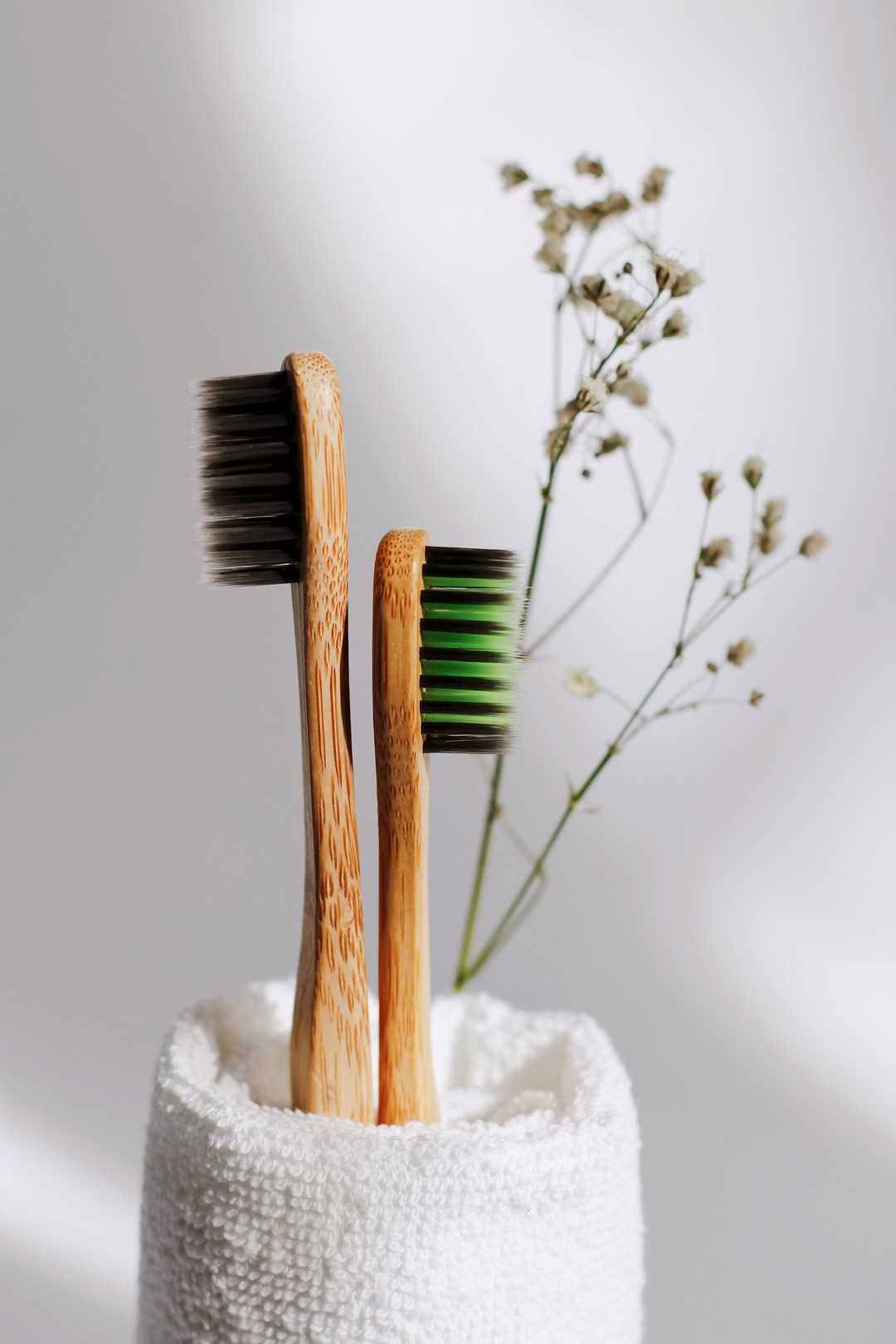
Oral hygiene, also known as dental hygiene, is the practice of keeping one’s mouth clean and free of diseases and other oral health problems. It is an essential part of maintaining overall health and well-being, yet there are many common misconceptions surrounding the topic. In this section, we will discuss some of these misconceptions and provide accurate information to help improve your understanding of oral hygiene.
Myth #1: Brushing Your Teeth More Often Equals Better Oral Hygiene
One common misconception is that brushing your teeth more frequently will result in better oral hygiene. While it is important to brush your teeth at least twice a day, overbrushing can actually damage your teeth and gums. Brushing too hard or using a toothbrush with hard bristles can cause abrasions to your teeth and irritate your gums, leading to potential oral health issues. It is important to use a soft-bristled toothbrush and brush gently in circular motions for the recommended two minutes.
Myth #2: Flossing Isn’t Necessary
Many people believe that brushing alone is enough to maintain good oral hygiene and that flossing is not necessary. This is a common misconception, as flossing helps remove plaque and food particles from between your teeth where a toothbrush cannot reach. Without regular flossing, these areas can become breeding grounds for bacteria, leading to cavities and gum disease. It is recommended to floss at least once a day (Link: https://www.cdhlynchburg.com/patient/how-to-floss-your-teeth#:~:text=Run%20the%20floss%20up%20and,%E2%80%9CC%E2%80%9D%20with%20the%20floss.) to maintain optimal oral hygiene.
Myth #3: You Don’t Need to Visit the Dentist if You Have No Pain
Another misconception is that regular dental check-ups are only necessary when you experience pain or discomfort in your mouth. The truth is, by the time you feel pain or notice a problem, it may have already progressed to a severe condition. Regular dental visits can catch potential issues early on and prevent them from becoming more serious and costly problems. It is recommended to visit the dentist every six months for a routine check-up and cleaning.
Myth #4: Only Sugary Foods Cause Cavities
While sugar is a major contributor to cavities, it is not the only culprit (Link: https://skyridgedental.com/blog/7-foods-that-cause-cavities-you-may-not-expect/). Starchy foods like potato chips and crackers can also cause cavities as they break down into simple sugars in your mouth. Additionally, acidic foods and drinks like citrus fruits, soda, and sports drinks can erode your tooth enamel, making your teeth more susceptible to cavities. It is important to limit your intake of sugary, starchy, and acidic foods and maintain good oral hygiene habits.
Myth #5: Brushing Immediately After Eating Is Necessary
Many people believe that brushing their teeth immediately after a meal is necessary to maintain good oral hygiene. However, this can actually do more harm than good. Wait at least 30 minutes after eating to brush your teeth, as your saliva needs time to neutralize the acid in your mouth and rebuild enamel that may have been weakened by acidic foods. Brushing too soon can actually damage your tooth enamel and lead to sensitivity.
Myth #6: Mouthwash Is Not Important
Some people think that using mouthwash is not necessary for good oral hygiene, but this is another misconception. Mouthwash can reach areas of your mouth that a toothbrush and floss may have missed, helping to remove plaque and bacteria. Additionally, some mouthwashes contain fluoride, which helps strengthen your tooth enamel and prevent cavities. It is important to choose an alcohol-free mouthwash and consult with your dentist to determine which type is best for you (https://www.healthline.com/health/dental-and-oral-health/best-mouthwash).
Myth #7: Bleaching Damages Your Teeth
Teeth whitening or bleaching has become increasingly popular in recent years, but there is a common misconception that it damages your teeth. While overuse of whitening products can lead to sensitivity and enamel damage, when used as directed, they are safe and effective. It is important to consult with your dentist before using any whitening products, as they can recommend the best option for your specific needs.